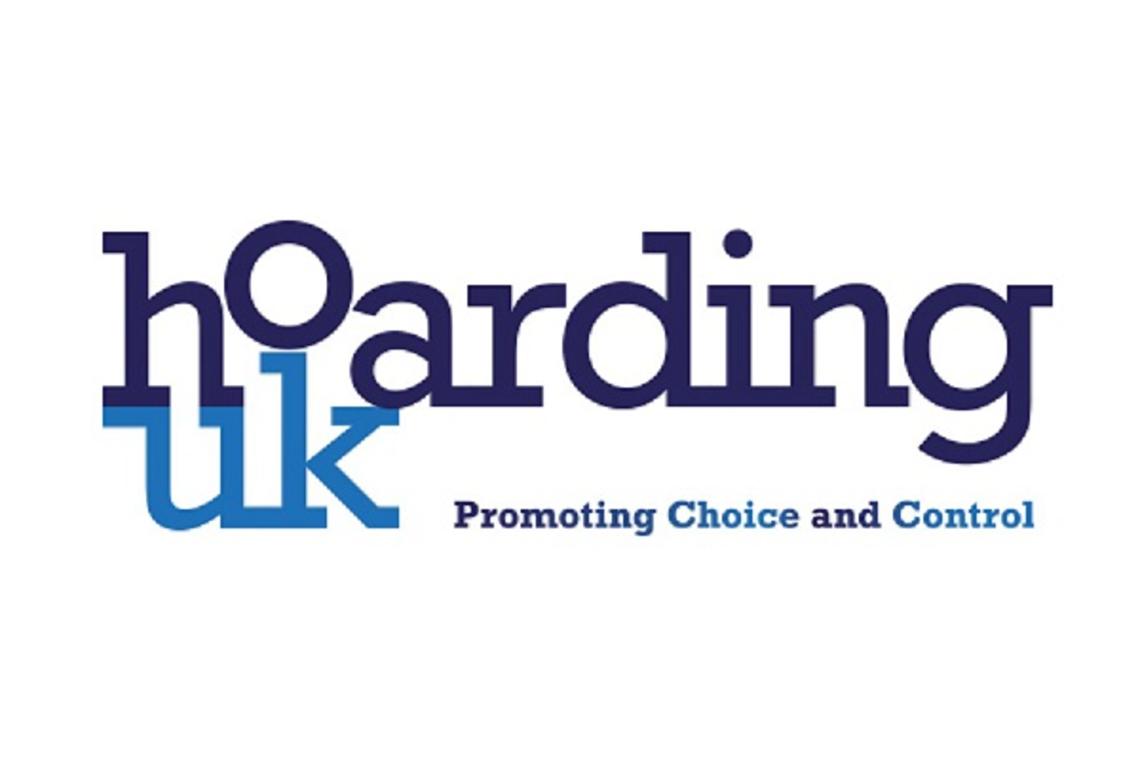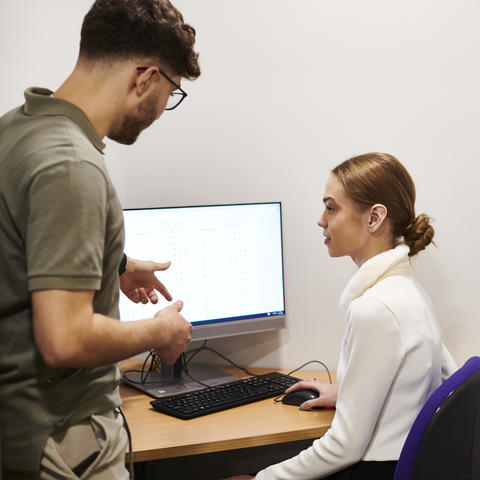You will be providing face-to-face or remote support through delivering HUK’s therapeutic 1-2-1 support program for people impacted by hoarding behaviour who may be facing a variety of situations including legal, financial, psychological and discriminatory abuse/neglect. You will be working with trained colleagues to alleviate housing, benefits, mental health and other problems experienced by HUK's participants.
The role consists of:
- Volunteering at HUK a minimum of one and a half-hours each week in accordance with program completion, preferably two years.
- Maintain a caseload of at least one participant.
- Taking responsibility for ongoing casework as required.
- Complying with HUK's case-management procedures, training program and other relevant policies and procedures.
- £5 meal allowance will be given for each volunteering session. We also pay for travel to and from our offices in Angel, London.
- Trainee Counsellors/Psychotherapists currently studying on a BACP, UKCP or BABCP accredited course.
- Trainee Counselling/Clinical/Forensic psychologist currently studying on BPS accredited doctoral courses.
- Qualified Counsellors/Psychotherapists that are accredited or working towards accreditation with the BACP, UKCP or BABCP
- Student or individual membership with the BACP, UKCP, BABCP and or HCPC
- Qualified Clinical/Counselling/Forensic Psychologists with HCPC registration.
- A commitment to volunteering with us for one year.
- A commitment to values and ethos of HUK.
Training on hoarding behaviour and other relevant areas will be provided. If you are interested, please email recruitment@hoardinguk.org for an application pack.
Similar Opportunities

We're seeking a volunteer to help us to distribute and monitor charity collection tins across your local vicinity, to help support children with rare disease.
Prevent Breast Cancer is seeking student volunteers to support our charity at the London Marathon by helping to cheer on and encourage our runners along the route.




